Washington, D.C. – August 29, 2025
In a stunning move that has rattled Washington, President Donald Trump has revoked the Secret Service protection detail assigned to his chief political opponent, Vice President Kamala Harris. The decision, confirmed by multiple senior administration officials late Thursday, has triggered a political firestorm and raised urgent questions about legality, security, and democratic norms.

Context and Background
By law, the Secret Service provides protection to sitting presidents, vice presidents, and major party candidates in U.S. elections. Vice President Harris, who is widely expected to be a central figure in the upcoming 2025 campaign season, has been under protection since taking office.
The Trump administration framed the decision as a matter of “resource prioritization,” with a senior official stating that “the allocation of federal security assets must reflect current priorities.” However, critics immediately denounced the move as politically motivated.
Statements and Reactions
Harris’s campaign released a sharply worded response:
“This reckless decision puts the Vice President and the stability of our democratic process at risk. No president should use national security resources as a political weapon.”
Legal experts also expressed alarm. Professor Daniel Everett of Georgetown University commented:
“This is unprecedented. Secret Service protection is not a privilege—it is mandated by statute. Revoking it for a political opponent could violate federal law and open the door to serious constitutional challenges.”
Members of Congress from both parties voiced concern. Senator Lisa Murkowski (R-Alaska) called the decision “deeply troubling,” while Senate Majority Leader Chuck Schumer (D-N.Y.) labeled it “an authoritarian stunt that endangers national security.”
Balanced Reporting
While critics see this as an attack on democratic institutions, administration allies argue the president is acting within his discretion. Conservative commentator Mark Ellis said, “The law does provide some executive leeway. It’s not unusual for security assignments to be reevaluated—what’s unusual is the political context.”
What’s Next
Democratic leaders are preparing to challenge the decision in federal court as early as next week, seeking an emergency injunction to reinstate Harris’s protection. The Department of Homeland Security’s inspector general has also announced a review of the order.
For now, Harris is reportedly relying on private security while awaiting legal resolution. The controversy is expected to dominate headlines and potentially reshape the dynamics of the 2025 presidential race.

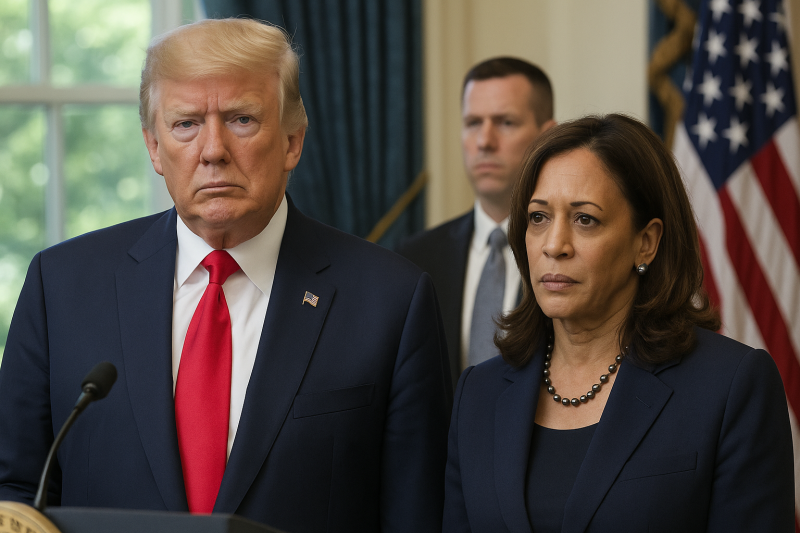


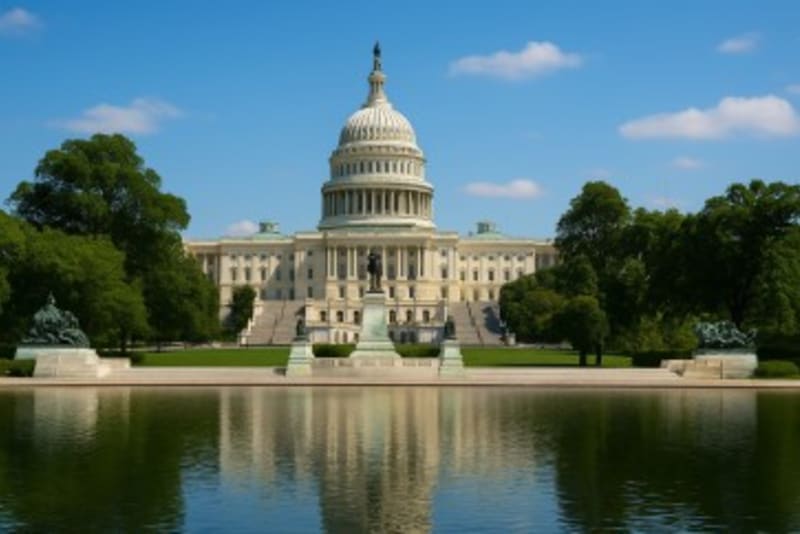
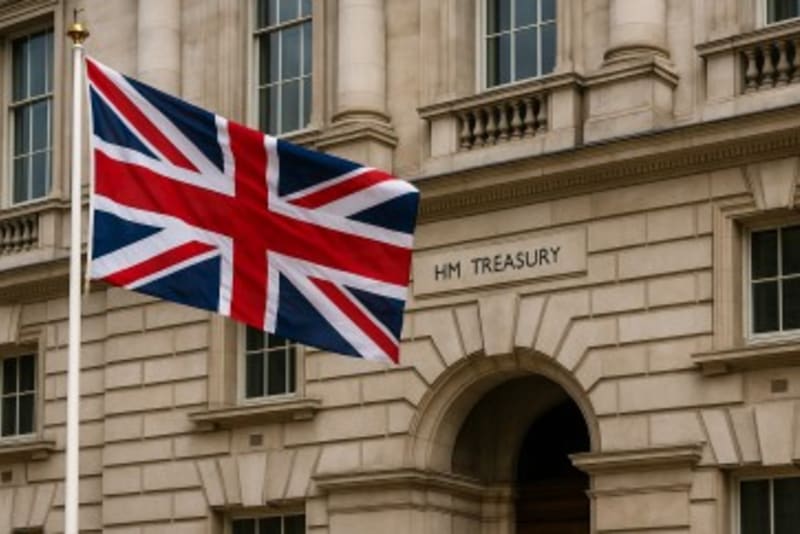
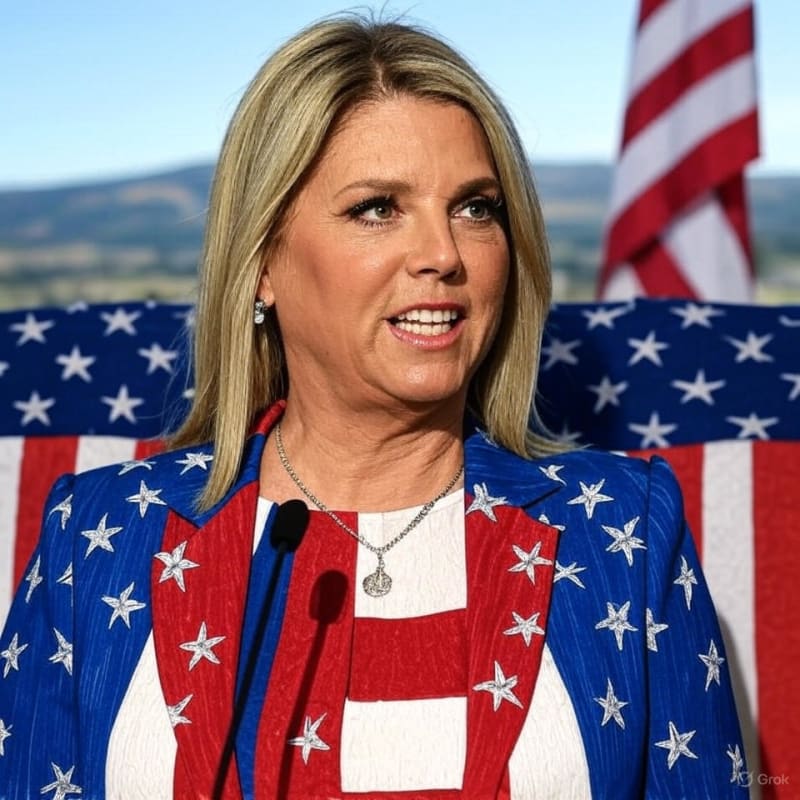
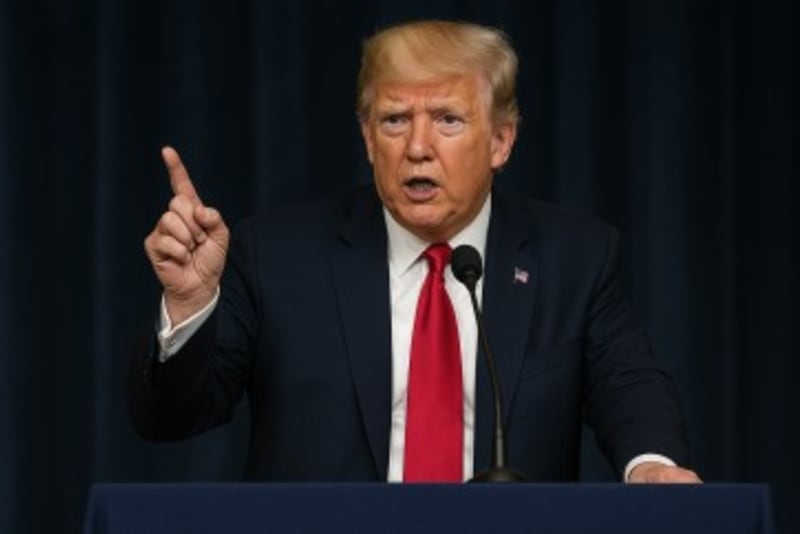
Comments
No comments yet. Be the first to comment!